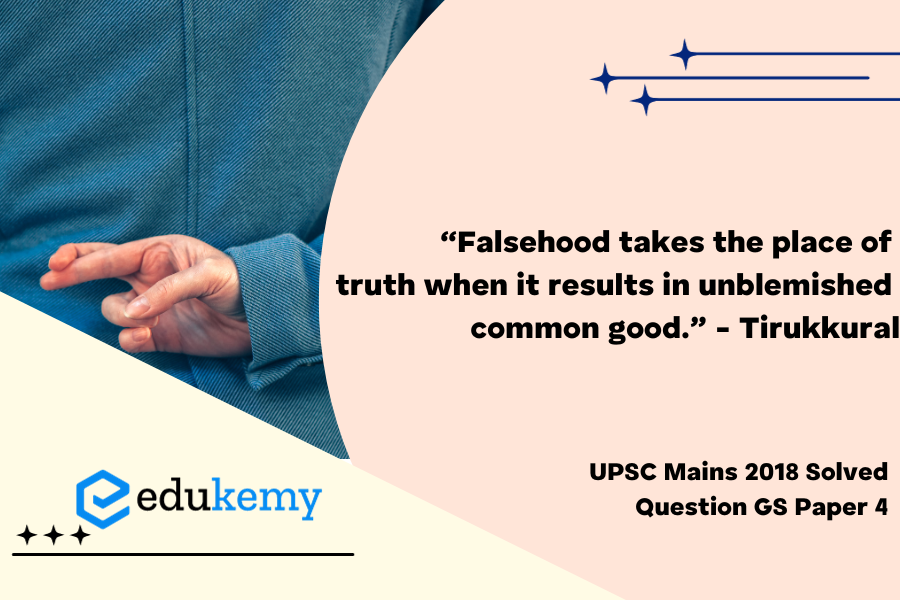The ancient Tamil text, Tirukkural, throws down a philosophical gauntlet with the provocative statement, “Falsehood takes the place of truth when it results in unblemished common good.” This stark juxtaposition of morality and practicality challenges our comfortable notions of virtue. It confronts us with the age-old dilemma: can the ends ever justify the means, even when those means are a blatant lie? This essay delves into the murky depths of this quote, navigating the treacherous shoals of ethics and societal well-being. We will dissect the inherent tension between truth as an absolute principle and the malleability of human action in pursuit of what seems like the greater good. Through historical examples and ethical frameworks, we will grapple with the consequences of prioritizing the collective over the individual, and ultimately question whether a “noble lie” ever truly wears the mantle of truth. Prepare to confront the unsettling reality that sometimes, the path to utopia might be paved with untruths, leaving us to ponder: at what cost do we secure the unblemished good?
Tag: Contributions of moral thinkers and philosophers from India and the world.
Contents
Decoding the Question:
- In the Introduction, try to write a brief about Tirukkural.
- In Body,
- Discuss how false-hood can be normal (with examples).
- Discuss how false-hood can never be justified .
- In Conclusion, try to write your opinion.
Answer:
Tirukkural is a Tamil text written by Thiruvalluvar. It consists of many short couplets (a pair of successive lines of verse), that deal with everyday virtues of an individual. The text was contemporary to the sangam age and is praised for its work on Secular ethics.
This quote stresses how even a lie can be moral and virtues when it causes an overall good. Truth-fullness is the act of being honest, open, transparent. It is generally considered as the better alternative in all circumstances. But this quote argues for the other side.

Sometimes false-hood can be moral:
- Larger Narrative: Sometimes false and lies help us build a larger narrative which is more important than the particulars of an event. For example, an artist uses false characters, story, emotions to tell a larger story which is more important.
- Truth Brings Pain: There are some situations when truth only brings grief and pain. In such a situation lies always seem like a better alternative. For example, cops chasing a kid who stole bread to feed his family. Cops ask you where did he go?
- Impractical: Excessive stress on truth is not practical. Sometimes in real life when stakes are too high, too much stress on honesty can be detrimental. For example, even Bhagavad Gita stresses that the need to do your duty is superior to everything else.
False-hood can never be justified:
- Unknown Future: Nobody knows what the future holds. Even lies does not guarantee happiness or welfare. Hence it is better to be honest and truthful.
- Slippery Slope: Lies in some occasions can open the possibilities of lies in every situation as per our convenience.
- Tyranny: The idea that few people can know what is objectively good for the whole society and hence lie accordingly sets dangerous precedents. This is how tyrannical rule starts.
A popular proverb says “Path to hell is paved with good intentions.” Gandhiji himself stressed the need for good means for attaining good and noble outcomes. He always believed that bad means can never lead to noble outcomes no matter how much we wish otherwise.
In case you still have your doubts, contact us on 9811333901.
For UPSC Prelims Resources, Click here
For Daily Updates and Study Material:
Join our Telegram Channel – Edukemy for IAS
- 1. Learn through Videos – here
- 2. Be Exam Ready by Practicing Daily MCQs – here
- 3. Daily Newsletter – Get all your Current Affairs Covered – here
- 4. Mains Answer Writing Practice – here


